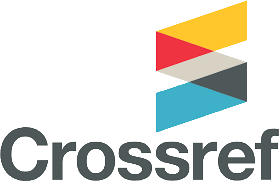To assess the knowledge on temporary family planning methods among women of reproductive age in a selected urban area.
Abstract
“Allows individuals and couples to anticipate an attained their desired number of children and the spacing and the timing of their birth.”
Family planning services are defined as “educational, comprehensive medical or social activities which enable individuals, including minors, to determine freely the number and a spacing of their children and to select the means by which this may be achieved.” Family planning may involve consideration of number of children a women wish to have, including the choice to have no children, as well as the age at which she wishes to have them.11
The national family health survey (NFHS)-3 clearly delineates that the usage of contraceptive practices has increased considerably but is more inclined towards terminal methods of contraception. The fact is also evident from various studies carried out from time to time in different Indian states. Given the context we carried out a short review to understand the family planning practices, programs and policies in India including implants and injectable contraceptives with a special focus on the state of Jharkhand. We found that among the reversible methods IUCD (intra uterine contraceptive devices), OC (oral contraceptive) pills and the condoms are the most commonly used methods. In this review in addition to national picture, we specially focused on in the state of Jharkhand owing to its very gloomy picture of family planning practices as per NFHS-3 reports. The current usage of any methods of contraception’s in Jharkhand is only 35.7% out of which terminal methods especially female sterilization accounts to 23.4%. Similar picture is also reflected in the conventional methods such as; IUCD-0.6%, oral pills-3.8% and condom-2.7%. Compared to the national figure the unmet need for family planning in Jharkhand is also relatively high for the conventional reversible methods than that of terminal methods which is 11.9 & 11.3 respectively. Injectable contraceptives are available only through private or social marketing channels, because of which there use is limited. The studies carried out in different Indian states shows improvement in contraceptives prevalence but the same needs further improvement.12


